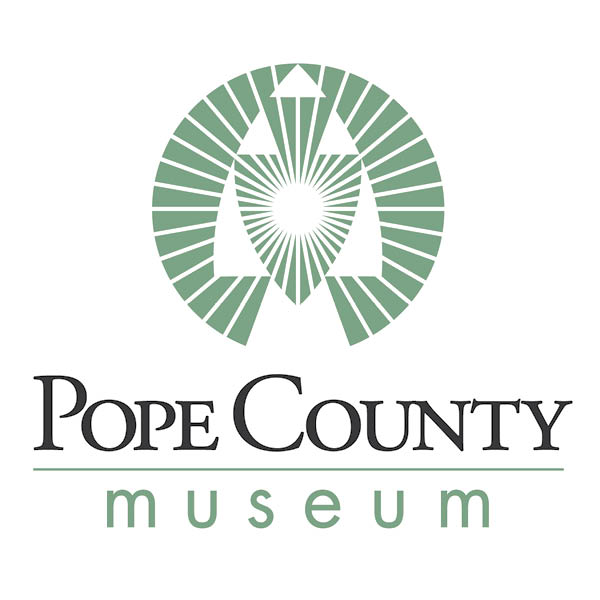The Fourth of July that saved the Nation
Published on July 15, 2024 at 11:19am CDT
View From The Cab
By David Tollefson, Columnist
Today I am quoting Alan Guebert, a rather well-known columnist who writes in several publications, including THE LAND magazine. This column appeared in the July 5, 2024 issue. I have not always agreed with some of his views, but this one I did like, and I hope you do, too. Here it is:
As an end-of-the-road farm boy growing up deep in southern Illinois, the Fourth of July was more of a shade-tree holiday from the alfalfa field than a noisy celebration of national independence. Besides, we were more partial to a local hero, Abraham Lincoln, than any frilly “Founding Father.”
That leaning was confirmed a half century later when, on July 4, 2021, I came across an essay by historian Ted Widmer which examined Lincoln’s 1861 Fourth of July – his first as president, a 6,200 word letter to Congress calling it to Washington, D.C. for a special session, set the stage for his future greatness.
The bold act, just four months after his March 4 swearing in, Widmer thinks, was Lincoln using “democracy to save democracy….by asking that the session…..meet on July 4” so it might link every American “to the Declaration of Independence, and the memory of a country that began in a most idealistic way.”
Lincoln needed to act boldly; six southern states had left the Union and four more were on the way. Also, Jefferson Davis, the “provisional” president of the fast-forming Confederacy, had already been in office a month longer than Lincoln.
More to the point, Lincoln knew he was no Davis. His single two-year term in Congress was no match for Davis’s sterling career: West Point Graduate, an officer in the Mexican-American War, a former U.S. senator, past secretary of war, and former son-in-law of President Zachary Taylor.
But, explains Widmer, Lincoln possessed something Davis didn’t – an “expansive understanding” of the Declaration of Independence. Lincoln believed that America’s freedoms belonged to all Americans, including immigrants” and, “in the fullness of time, he expected those freedoms to grow stronger, and reach other peoples, living in what he called ‘the vast future.’”
In other words, all Americans then and now or, as the historian simply notes, “us.”
All that served as a backdrop to the letter itself, a masterpiece in “the way a Fourth of July oration should” be. Equally important, its principled arguments and classic Lincoln lyricism hinted at the greatness yet to come in both his time in the White House and his historical timelessness.
Lincoln, says Widmer, “argued that the war was ‘essentially a people’s contest,’ and reminded Americans that democracy required a fundamental trust in others to work.”
And in language as relevant for today’s red-and-blue politics as that of a nation about to tip into a blue-and-gray Civil War, “If ‘discontented individuals’ attacked the government every time they lost an election, with false ‘sophisms,’” – misleading arguments – and other ways of ‘drugging the public mind,’ it would put an end to democracy everywhere.”
To ensure that all Americans north AND south got his meaning, Lincoln added a punchline, “When ballots have been ‘fairly and constitutionally decided,’ there can be no appeal’ back to bullets.’”
The letter was a triumph. “As members of Congress listened,” writes Widmer, “they often broke into applause, stunned that their new president had found a language so compelling.”
Later that same day, after reviewing Union troops on Pennsylvania Avenue, Lincoln, “hoisted a flag himself, to the top of a tall flagpole.” Afterwards, soldiers did the same and “The papers reported that the Declaration was read over and over again, throughout the soldier camps.”
One army regiment’s leader, however, asked the new President to speak. Lincoln deferred, writes Widmer,”…..by saying that the dignity of his position required that he say nothing at all for fear of mis-speaking.”
But, reminds the historian, “He had already spoken volumes through his message to Congress, and his unwavering belief in the Declaration. The real fighting had not started yet, but by winning the day, Lincoln began to win the war.”
* * * * * * * * * * * * *
I’m sure you all had stories about how the weather fouled up some of the holiday over the 4th.
My usual Fourth in the evening has almost always been in the town of Hancock, 15 miles west of my place. The fireworks there are some of the best around.
That event had to be postponed to the next night.
At the fly-in breakfast at the Starbuck airport, a farming friend and I met at 7 a.m. There was only one plane there at the time. Fog may have been an issue there, since people fly their planes to Starbuck from all over. There was no line to get our pancakes, and no line when we left around 7:30. But people who were there later said that there were lines later, as well as many planes flying in.
At the parade in Starbuck at 5 p.m. that same day, clouds were threatening from the northwest, but my cell coverage was spotty at the place I was watching, so no radar warning. Parade over, I picked up my chair, walked a block to my car, and the deluge began. There had to be floats with visiting royalty that got soaked.
Due to heavy traffic in Starbuck going south to the lakeshore park, I drove west of town and got home via gravel roads. But the car got washed a couple days later – it was time anyway.
Since the holiday weekend we’ve had very little rain, and the hot weather is here. There is hay to make, and the corn will soon start tasseling.
I was in my earliest planted corn the other day. It was planted the 20th of April. That day some of it was over my head, so it surely beat the “knee high by the 4th of July” mantra.
* * * * * * * * * * * * *
Please contact David Tollefson with thoughts or comments on this or future columns at: adtollef@hcinet.net




